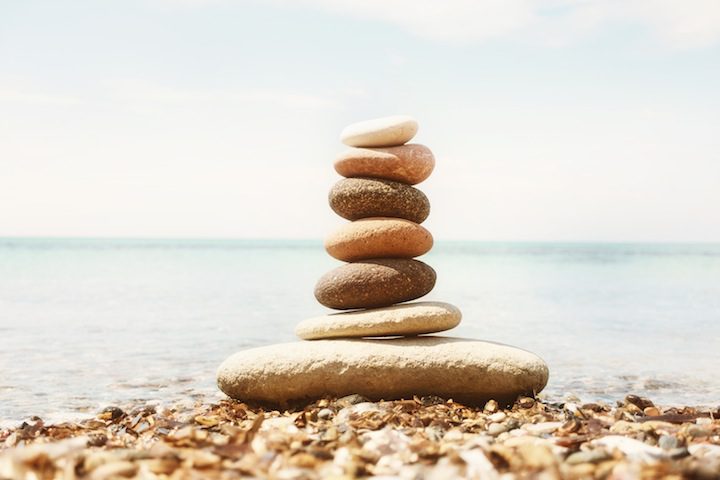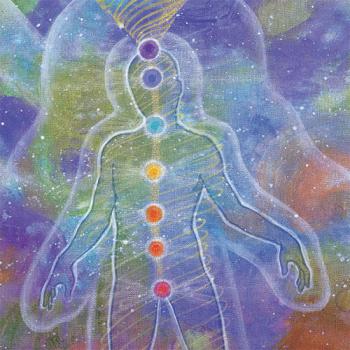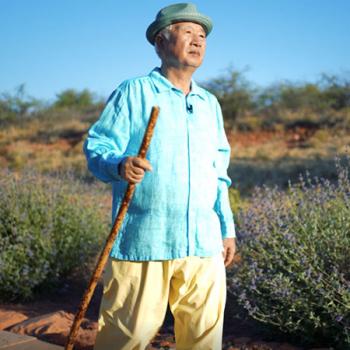
This blog, Living Tao, offers practical advice about living in accordance with the Tao. But what does this mean?
In many Asian cultures, there is a history of Tao philosophy that stretches back thousands of years. Its meaning is ingrained into these cultures, and everyone has at least a rudimentary understanding of what it is. But in Western English-speaking countries, the term was not common until the 1960s and 70s. Since then, it has become a popularized aspect of Eastern thought. I’ve lived a good part of each year in places like the United States, Canada, and New Zealand since the 1990s, and I’ve watched with keen interest as Eastern concepts like this make their way into Western culture.
My Personal Story of Searching for the Tao
I have called this blog Living Tao, the same title as one of my recent books, because I intend it for discussion of Tao in the most useful and practical way possible. The first line of the Tao Te Ching by Lao Tzu frankly states the limitations of such discussions: “The Tao that can be spoken is not the eternal Tao.” I am keenly aware of this fact and do not expect that my words will contain the Tao; nor can I guarantee that readers will experience and understand Tao just by reading my words. I can only point you toward the Tao; I can’t take you there.
My name, Ilchi, in fact, means “pointing the way,” and the word Tao in Chinese literally means “the way.” For more than thirty years, I have dedicated my life to helping people to find ways to achieve greater health, happiness, and peace. To that end, I have created a five-step self-development program that combines elements of ancient Korean Sun-do practice with more modern scientific understandings about the brain and education.
Sun-do is an ancient discipline practiced by sages living in the verdant mountain regions of Korea. The goal of this practice for the individual practitioner is internal and external self-development while living in sync with the ebb and flow of the energies of the natural world. The word Sun means “enlightened being,” and Do is the Korean word for Tao.
After studying Korean martial arts for a long time in my youth, which included elements of Tao philosophy, I still felt a deep longing to know more concretely about my true purpose and the nature of the universe. So, I removed myself from the rigors of everyday life, separating myself from my job and family, and disappeared into the dense forests of Moak Mountain outside the city of Jeonju. After meditating and fasting for twenty-one days, and applying the principles of Sun-do energy practice, I finally found my answers. At that point, I realized I must share my realizations with the world, which I proceeded to do during the next three decades.
All of that may sound very mystical and far removed from the realities of your everyday life, but really it is not. What I discovered in myself on that mountain is already inside of everyone, waiting to be uncovered. Really, Tao is just natural wisdom, the ability to understand how the natural world works. Sometimes, we think of humans as being outside of nature and beyond natural laws, but that is a grave mistake that has led to great human suffering in the world.
Embrace the Unquenched Thirst
As you already know, we humans are facing serious environmental and political problems on this little planet of ours, and if we don’t find a way to solve them soon, humanity might face a very miserable existence or even the end of its existence. I believe that bringing ourselves back into alignment with the Tao, with the natural flow and rhythms of life, is key to finding the answers to these problems. Really, this all begins on the personal level as we learn first to understand the nature of Tao within ourselves, and then as we use that knowledge to improve our relationships with others.
In its purest form, the Tao teaches balance, acceptance, and equality. It also teaches harmony with the natural world and a way to live in sync with all that is. The wisdom of the Tao is not the kind passed down by authority figures through ancient texts and codes for good behavior. Tao is simply the wisdom already written on your heart, your internal guide to finding your highest character and the most fulfilling way of life possible. If you yearn to meet your highest self, and you are willing to go on a quest to find that self, please join me here as we consider the way back to the way.
People today are yearning to reconnect with the part of themselves that already knows the Tao, the way of nature and the universe. I know this because I can see it in the faces of people everywhere I go. I suspect you feel the same – a deep, unquenched desire to get to the root of your existence and to really live. This is the emptiness, the aloneness that you sometimes feel that you can never quite escape. This feeling is not there because there is something wrong with you. Rather, it is there because there is something very right with you, something that knows there is something more important than the petty concerns of this human world. Instead of resisting this, I urge you to embrace it and to follow it to the core of your being – to the source of Tao itself.












